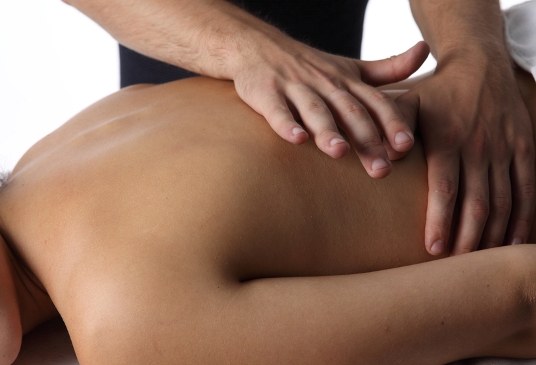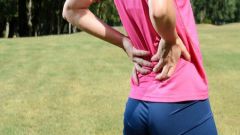You will need
- - physiotherapy;
- - nonsteroidal anti-inflammatory drugs;
- - epidural blockade with hormones.
Instruction
1
Back pain cause by many factors, but if it is worse when sitting, coughing or sneezing, it is most likely that this intervertebral hernia. In addition, pain is accompanied by numbness, weakness in lower back and in the rear or side surface of the feet.
2
To reduce pain, avoid postures that cause discomfort. Thus, the tilting and lifting weights can cause uncontrolled pain. Meanwhile, the frequent change of posture helps to maintain the spine in perfect condition, improves its flexibility and strength.
3
You should not completely abandon the physical activity in case of intervertebral hernia, it is recommended only to reduce the exercise intensity or to carry not too heavy physical work. Over time, as recovery can be increased and the load.
4
Be sure to consult with your doctor about the necessary physical therapy. Physical therapist, depending on your condition, may recommend ultrasound, electrical stimulation, massage, traction of the spine, heat or cold treatments.
5
Use pain relieving drugs. When the hernia with the help of such nonsteroidal anti-inflammatory drugs, "Ibuprofen", "Diclofenac", "Meloxican", "Naproxen", "celebrex", "Acetaminophen", etc. the Intake of these drugs is contraindicated in diseases of the gastrointestinal tract.
6
Constant, severe intensity of pain when intervertebral hernia, may require strict bed rest for 24-48 hours. A longer stay in a fixed state causes the loss of muscle strength and tone.
7
In severe cases, when conservative treatment fails, epidural blockade are shown with hormones. The procedure is performed under local anesthesia. This is directly in the place of the pathological process is administered with a needle the solution is hormonal and pain medications – "Depot-medrol and Biovaccine". The effect of anesthesia occurs immediately, and often this procedure starts the healing process.
Note
Hernia can disrupt urination and bowel movements. If the pain persists for 2-3 weeks, the intensity increases, increases with sneezing or coughing should seek medical help. In 10% of cases not to do without surgical intervention.
Useful advice
Regular physical exercise, correct posture with a long stay in a sitting position, getting rid of excess weight, quitting Smoking significantly reduces the risk of intervertebral hernias.

